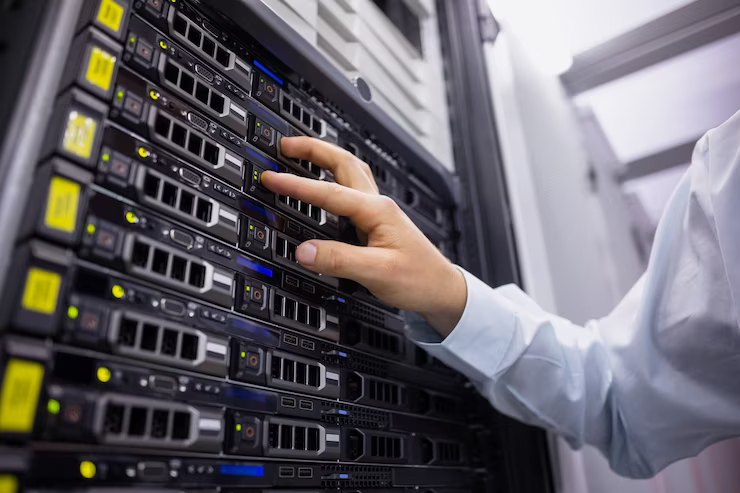Why Network-Attached Storage Devices are Superior to Memory Sticks
In today’s digital world, data is everything. From important documents to cherished photos and videos, it is critical to store and access data easily and efficiently. Many people still rely on memory sticks or external hard drives to store their data, but these devices have limitations. Network-attached storage devices offer several advantages over memory sticks and other external storage solutions.
What is Network-Attached Storage (NAS)?
Network-attached storage (NAS) is a type of data storage device that connects to a network and provides centralized storage for all devices on the network. This means that multiple users can access the same data from different devices simultaneously. NAS devices typically have multiple hard drives, providing more storage capacity and better data redundancy than a single memory stick.
Benefits of Network-Attached Storage
Centralized Data Storage: With NAS, all data is stored in one central location, making it easy for multiple users to access and share the same files. This eliminates the need for each user to have their own memory stick or external hard drive, which can lead to data duplication and confusion.
Data Redundancy: NAS devices can be configured to use multiple hard drives in a redundant array of independent disks (RAID). This provides data redundancy, meaning that if one hard drive fails, the data can still be accessed from the other drives. This is particularly important for businesses that cannot afford to lose their data.
Ease of Use: NAS devices are easy to set up and use. They come with a user-friendly interface that allows users to easily manage their data and configure their device.
Remote Access: NAS devices can be accessed remotely, which means that users can access their data from anywhere with an internet connection. This is particularly useful for businesses with remote employees or multiple locations.
Security: NAS devices can be secured with passwords and other security measures to protect sensitive data from unauthorized access. They can also be configured to back up data automatically, providing an extra layer of protection against data loss.
Conclusion
In conclusion, network-attached storage devices offer several advantages over memory sticks and other external storage solutions. They provide centralized data storage, data redundancy, ease of use, remote access, and security. If you are looking for a reliable and efficient way to store and access your data, a network-attached storage device may be the solution you need.


